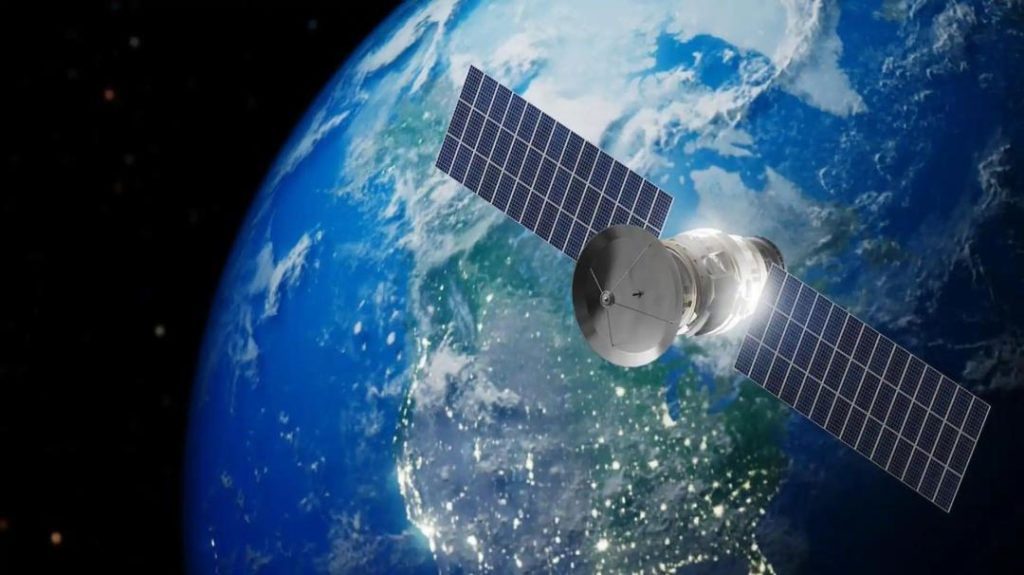
What are Space Pirates & How Can Satellites be Secured from Them?
The concept of piracy has been around for centuries, with pirates targeting ships and looting their valuables. However, with the advancement of technology and the increasing reliance on satellites for communication, navigation, and other purposes, a new form of piracy has emerged – space piracy. Space pirates are individuals or groups that attempt to attack man-made satellites, either virtually or physically, using various methods. This is a growing concern for countries and companies owning satellites, as the consequences of a compromised satellite can be severe.
In recent years, the threat of space piracy has gained significant attention, with several incidents reported worldwide. For instance, in 2019, a Russian satellite was hacked, and its owner, the Russian government, was forced to shut it down to prevent further breaches. Similarly, in 2020, a group of hackers claimed to have taken control of a satellite operated by a Canadian company, demanding a ransom in exchange for restoring control.
To combat this growing threat, countries and companies owning satellites must build multi-layered security systems incorporating ground-to-space operations. This includes encrypting data, implementing secure communication protocols, and monitoring satellite operations in real-time. Additionally, experts recommend developing methods of quick space travel to ensure rapid response to physical acts of piracy.
What motivates space pirates?
So, what drives individuals or groups to engage in space piracy? The motivations can vary, but some common reasons include:
- Financial gain: Hackers and cybercriminals may target satellites to steal valuable data, such as financial information or sensitive government communications.
- Political or ideological motivations: Space pirates may attack satellites as a form of political protest or to disrupt the operations of a specific country or organization.
- Personal challenge: Some individuals may engage in space piracy as a form of thrill-seeking or to demonstrate their technical capabilities.
- State-sponsored activities: In some cases, space piracy may be sponsored or supported by nation-states, either directly or indirectly.
How do space pirates operate?
Space pirates can operate in various ways, including:
- Cyber attacks: Hackers can target satellites through online vulnerabilities, stealing data or disrupting operations.
- Physical attacks: Pirates can use physical means, such as missiles or drones, to damage or destroy satellites.
- Social engineering: Pirates may use psychological manipulation to gain access to satellite systems or steal sensitive information.
How can satellites be secured from space pirates?
Securing satellites from space pirates requires a combination of technical and operational measures. Some key strategies include:
- Encryption: Encrypting data and communication protocols to prevent unauthorized access.
- Secure communication protocols: Implementing secure communication protocols to prevent hackers from intercepting or manipulating data.
- Real-time monitoring: Monitoring satellite operations in real-time to detect and respond to potential threats.
- Ground-to-space operations: Developing ground-to-space operations to enable rapid response to physical acts of piracy.
- International cooperation: Collaborating with other countries and organizations to share intelligence and best practices in securing satellites.
The future of space piracy
As the use of satellites continues to grow, the threat of space piracy is likely to increase. To combat this threat, it is essential to develop effective strategies for securing satellites and responding to acts of piracy. This includes:
- Developing quick space travel capabilities: Enabling rapid response to physical acts of piracy by developing methods of quick space travel.
- Improving cyber security: Implementing robust cyber security measures to prevent and detect cyber attacks.
- Enhancing international cooperation: Collaborating with other countries and organizations to share intelligence and best practices in securing satellites.
Conclusion
Space piracy is a growing concern for countries and companies owning satellites. To combat this threat, it is essential to build multi-layered security systems incorporating ground-to-space operations. This includes encrypting data, implementing secure communication protocols, and monitoring satellite operations in real-time. Additionally, developing methods of quick space travel and improving cyber security can help to prevent and respond to acts of piracy. As the use of satellites continues to grow, it is crucial that we prioritize the security of these critical systems to prevent the consequences of a compromised satellite.
News Source:






